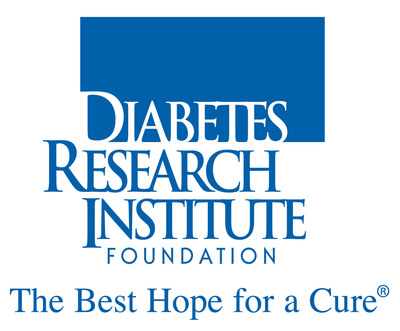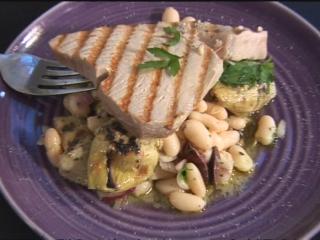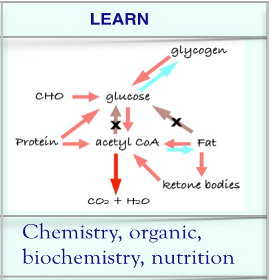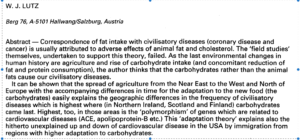Abstract
Current nutritional approaches to metabolic syndrome and type 2 diabetes generally rely on reductions in dietary fat. The success of such approaches has been limited and therapy more generally relies on pharmacology. The argument is made that a re-evaluation of the role of carbohydrate restriction, the historical and intuitive approach to the problem, may provide an alternative and possibly superior dietary strategy. The rationale is that carbohydrate restriction improves glycemic control and reduces insulin fluctuations which are primary targets. Experiments are summarized showing that carbohydrate-restricted diets are at least as effective for weight loss as low-fat diets and that substitution of fat for carbohydrate is generally beneficial for risk of cardiovascular disease. These beneficial effects of carbohydrate restriction do not require weight loss. Finally, the point is reiterated that carbohydrate restriction improves all of the features of metabolic syndrome.
DOWNLOAD: Study by 24 Doctors and Researchs ADA Rebuttal for Stancy on Low Carb




